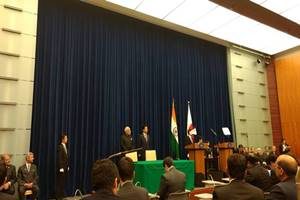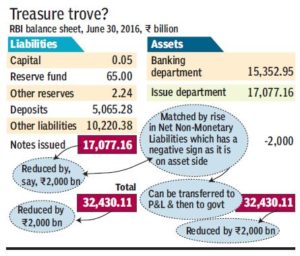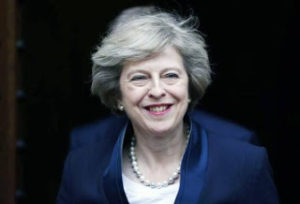 With the government relaxing FDI policy and taking steps to improve ease of doing business, the Foreign Direct Investment in the country increased by 77.5 percent to USD 5.15 billion in September this year.
With the government relaxing FDI policy and taking steps to improve ease of doing business, the Foreign Direct Investment in the country increased by 77.5 percent to USD 5.15 billion in September this year.
In September 2015, the FDI had stood at USD 2.9 billion, according to the data of the Department of Industrial Policy and Promotion (DIPP).
During April-September period of this fiscal, FDI in the country grew by 30 percent to USD 21.62 billion as compared to USD 16.63 billion in the same period last year.
Among the top 10 sectors, services received the maximum FDI of USD 2.29 billion during the first half of this fiscal, followed by telecommunications (USD 2.78 billion), trading (USD 1.48 billion), computer software and hardware (USD 1.03 billion) and automobile (USD 729 million).
During the period, India received the maximum FDI from Mauritius (USD 5.85 billion) followed by Singapore (USD 4.68 billion), Japan (USD 2.79 billion), the Netherlands (USD 1.61 billion) and the US (USD 1.43 billion).
During financial year 2015-16, foreign fund inflows grew at 29 percent to USD 40 billion as against USD 30.93 billion in 2014-15.
The government relaxed FDI norms in various sectors, including defence and civil aviation to boost FDI in the country.
Foreign investments are considered crucial for India, which needs around USD 1 trillion to overhaul its infrastructure sector such as ports, airports and highways to boost growth.
Growth in foreign investments helps improve the country’s balance of payments (BoP) situation and strengthen the rupee.






